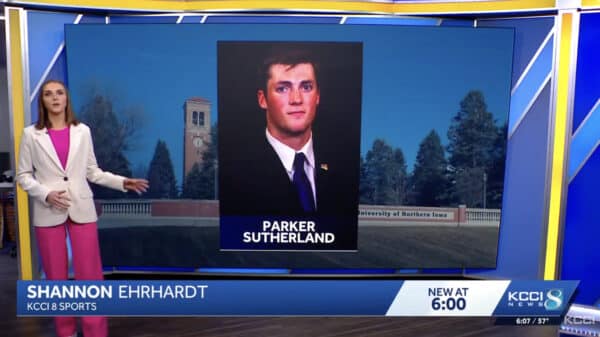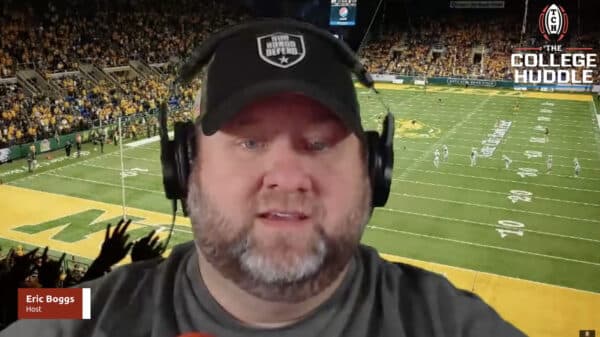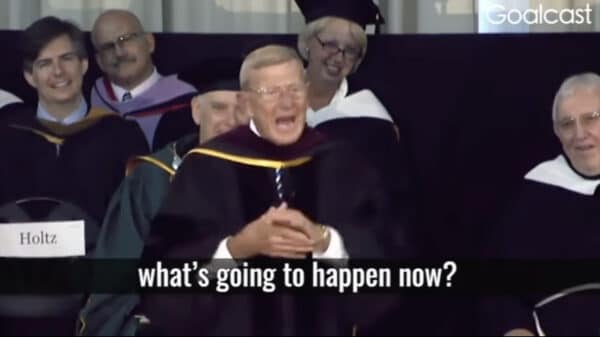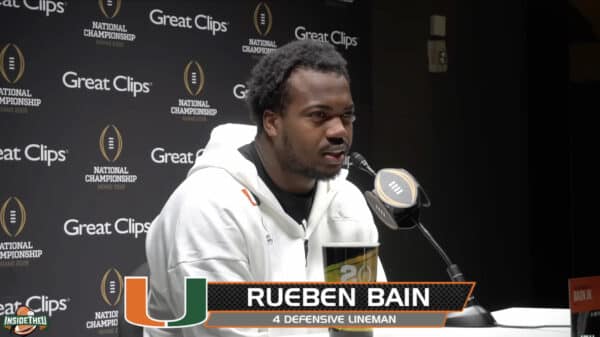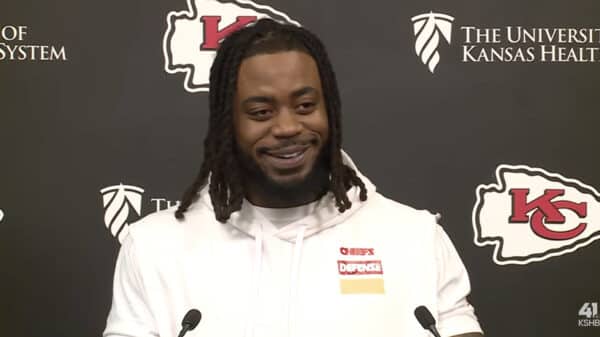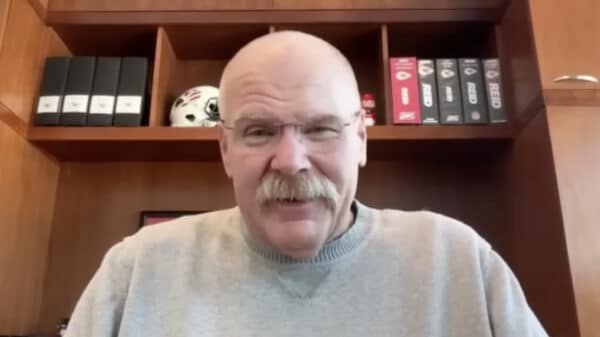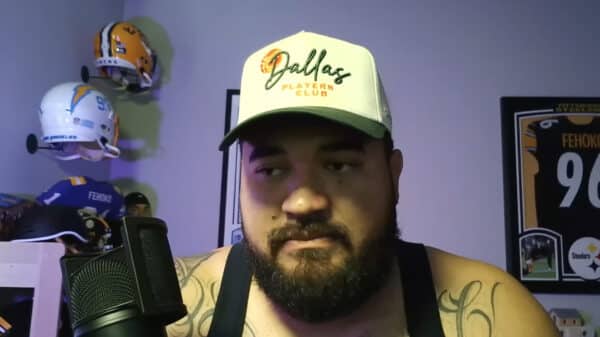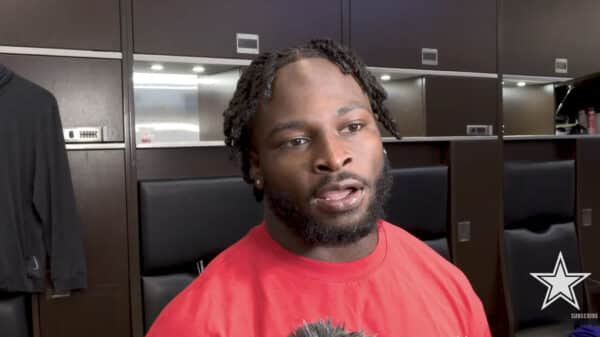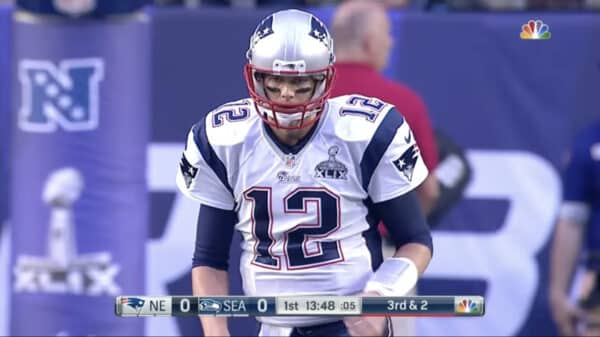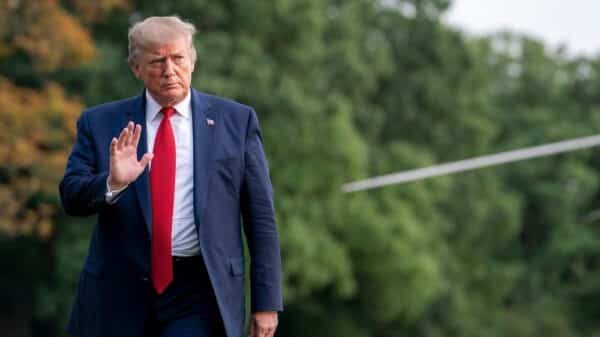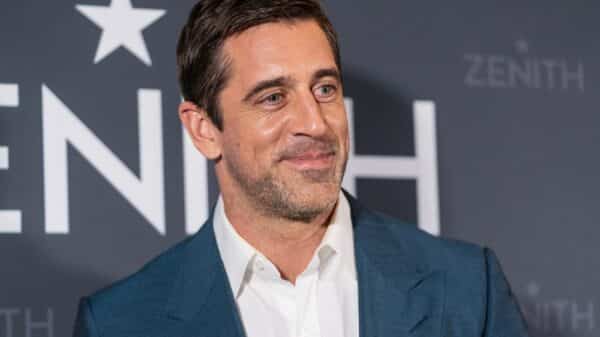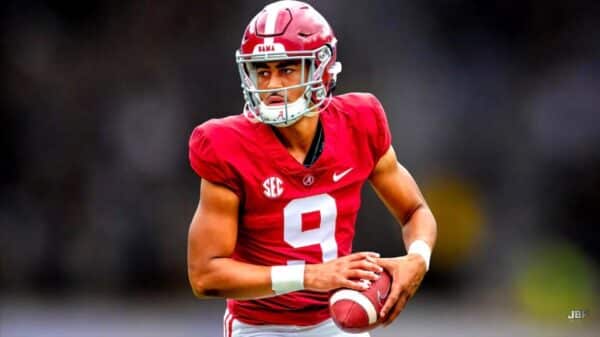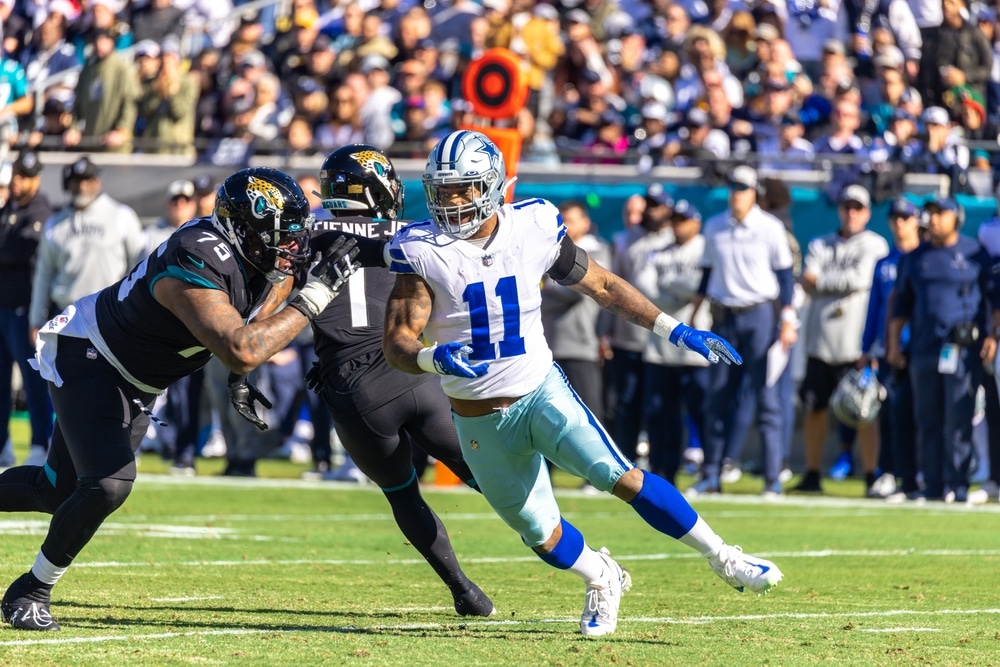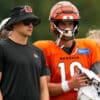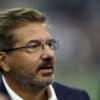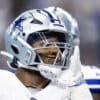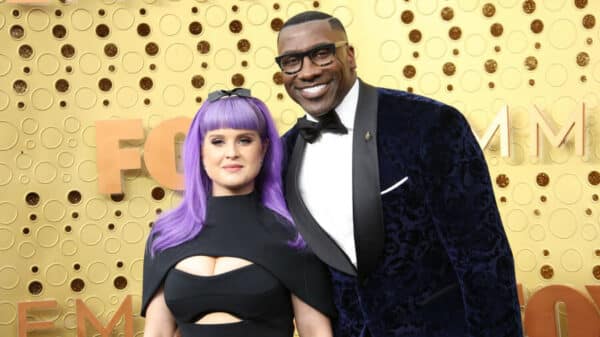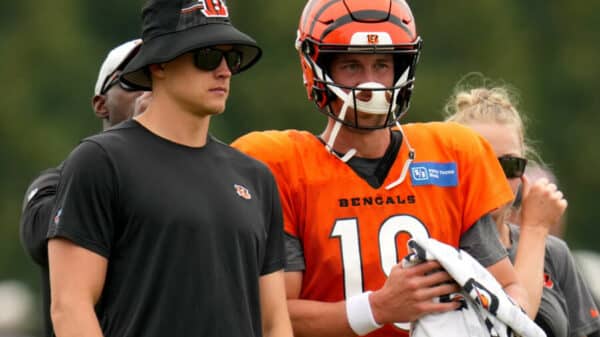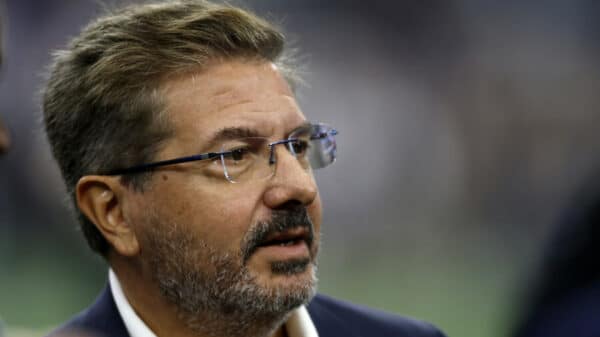The Dallas Cowboys haven’t tasted significant success in the past three decades, and while the players bear some responsibility, a substantial part of the blame lies with owner Jerry Jones. His dual role as owner and general manager has often led to contentious situations, such as the recent Micah Parsons saga—a situation that exemplifies his management style’s pitfalls.
The Micah Parsons Saga
Micah Parsons, a standout linebacker from Penn State, had been in pursuit of a contract extension since the previous year. Yet, true to form, Jerry Jones’s procrastination delayed any meaningful negotiations until this offseason. Rather than communicating through Parsons’ agent, David Mulugheta, Jones opted for direct discussions with the player, an approach Parsons made clear was unwelcome. The tension escalated as Jones publicly questioned Parsons’ fitness and criticized him in the media while simultaneously sidelining his agent.
Jones, claiming to have presented Parsons with a record-setting contract for a defensive player, chose to dismiss Mulugheta as “non-relevant,” alleging that the agent was merely pushing his agenda. This mismanagement took its toll, ultimately leading Parsons to request a trade—an action that, while frequently a strategic move, this time appeared genuine due to a severely fractured relationship among the involved parties.
The Trade: Analyzing the Aftermath
In a surprising turn of events, the Cowboys traded Parsons to the Green Bay Packers in exchange for defensive tackle Kenny Clark and two first-round picks. Soon after, the Packers signed Parsons to a lucrative four-year, $188 million extension, with $136 million guaranteed. At first glance, this trade might seem beneficial for both teams, but opinions are sharply divided.
Critics, including analyst Mike Florio, lambasted the Cowboys for their timing. He called their decision “idiotic” for executing the trade after the draft, arguing they missed the opportunity to secure a capable replacement before selecting players for the future.
“This just shows how idiotic the Cowboys are,” said Florio. “If you are going to trade Micah Parsons, you do it before the draft. You get immediate help while also securing a first-round pick. It’s baffling, and they should be held accountable for this blunder.”
Examining Future Prospects
Jerry Jones maintains that this trade positions the Cowboys stronger for a playoff push, believing it may finally lead them deep into January. However, skepticism remains rampant. Florio has predicted that this trade could extend Dallas’s 30-year drought of reaching the NFC Championship Game.
Currently, it seems the Packers have emerged as the clear winners of this trade. Parsons is precisely the type of game-changing player that Green Bay has lacked, especially as their defense has struggled recently. Landing him provides the Packers with a cornerstone to rebuild around, indicating their serious intent to compete for the Lombardi Trophy.
The trade also sends an unmistakable message: the Packers are committed to making substantial moves to strengthen their roster and vie for championship success.
Final Thoughts
Only time will tell who truly benefitted from the Parsons trade. The current advantage skews toward the Packers, with Parsons expected to play a pivotal role in revitalizing their defense. For the Cowboys, this ordeal serves as another chapter in a long narrative of missed opportunities and internal strife. As discussions about the upcoming season heat up, fans and analysts alike will be keen to see how both teams navigate this critical juncture in their respective journeys.
Image Source: April Visuals / Shutterstock

